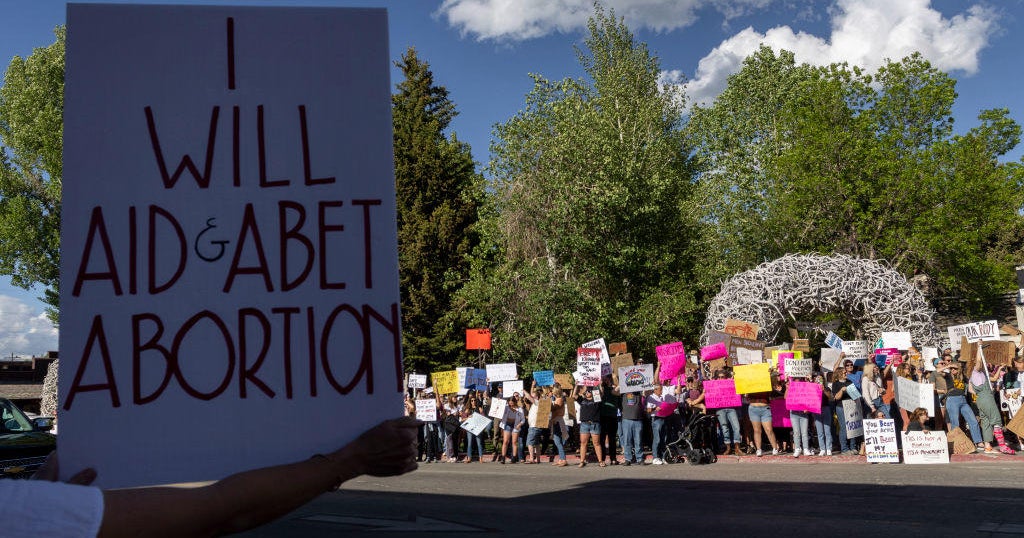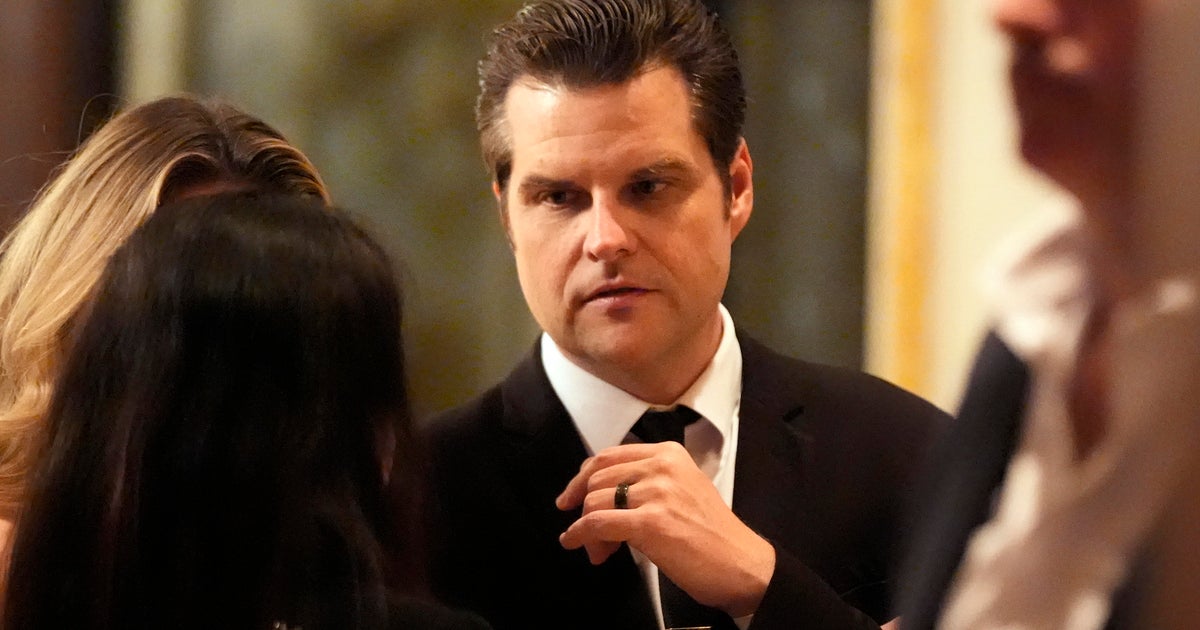Mississippi governor signs bill imposing nation's toughest abortion ban
JACKSON, Miss. -- Mississippi's governor has signed the nation's tightest abortion restrictions into law Monday -- and was slapped with a lawsuit less than an hour later. The law and responding challenge set up a confrontation sought by abortion opponents, who are hoping federal courts will ultimately prohibit abortions before a fetus is viable. Current federal law does not.
Some legal experts have said a change in the law is unlikely unless the makeup of the U.S. Supreme Court changes in a way that favors abortion opponents.
Republican Gov. Phil Bryant signed House Bill 1510, which bans most abortions after 15 weeks of gestation, on Monday in a closed ceremony attended by legislative supporters and abortion opponents.
"We are saving more of the unborn than any state in America and what better thing can we do?" Bryant said in a video his office posted on social media.
The law's only exceptions are if a fetus has health problems making it "incompatible with life" outside of the womb at full term, or if a pregnant woman's life or a "major bodily function" is threatened by pregnancy. Pregnancies resulting from rape and incest aren't exempted.
Mississippi previously tied with North Carolina for the nation's strictest abortion limits at 20 weeks. Both states count pregnancy as beginning on the first day of a woman's previous menstrual period. That means the restrictions kick in about two weeks before those of states whose 20-week bans begin at conception.
"We'll probably be sued in about half an hour," Bryant said to laughter from supporters as he signed the bill. "That'll be fine with me. It'll be worth fighting over."
Bryant's prediction was accurate. The state's only abortion clinic and one of the physicians who practices there sued in federal court within an hour, arguing the law violates other federal court rulings saying a state can't restrict abortion before a child can survive on its own outside the womb.
The Jackson Women's Health Organization, in a lawsuit handled by the Center of Reproductive Rights, argued the measure is unconstitutional and should immediately be struck down.
"Under decades of United States Supreme Court precedent, the state of Mississippi cannot ban abortion prior to viability, regardless of what exceptions are provided to the ban," the suit states.
The suit says the clinic performed 78 abortions in 2017 when the fetus was identified as being 15 weeks or older. That's out of about 2,500 abortions performed statewide, mostly at the clinic.
"Politicians are not above the rule of law, and we are confident this dangerous bill will be struck down like every similar attempt before it," said Nancy Northup, president and CEO of the New York-based Center for Reproductive Rights.
"We certainly think this bill is unconstitutional," said Katherine Klein, equality advocacy coordinator for the American Civil Liberties Union of Mississippi. "The 15-week marker has no bearing in science. It's just completely unfounded and a court has never upheld anything under the 20-week viability marker."
House Speaker Philip Gunn, who was present for Bryant's private signing ceremony, told The Associated Press he is proud Mississippi is taking steps to protect "the most vulnerable of human life:" the unborn.
"The winners (today) are those babies that are in the womb, first and foremost," Gunn said. "Those are the ones we're trying to protect."
Lt. Gov. Tate Reeves said in an email to the AP that HB 1510 is a major step toward accomplishing the state's goal to protect the lives of the unborn, adding that he is committed to making the state "the safest place in America for an unborn child."
When asked if the state is prepared to bear the cost of a lawsuit, Gunn said, "Absolutely."
"I don't know if you can put any value on human life," Gunn said. "We are all about fighting to protect the unborn. Whatever challenges we have to take on to do that, is something we're willing to do."
The bill was drafted with the assistance of conservative groups including the Mississippi Center for Public Policy and the Alliance Defending Freedom.
"We're thrilled that Mississippi lawmakers are taking a step to protect the basic right to life, as well as protecting maternal health," said Jameson Taylor, acting president of the Mississippi Center for Public Policy.
Both Republican-controlled chambers passed the bill overwhelmingly in early March, by a vote of 35-14 in the Senate and 76-34 in the House.
The U.S. Senate failed to pass a 20-week abortion ban bill in January. With 60 "yes" votes required to advance, the bill failed on a 51-46 vote.




